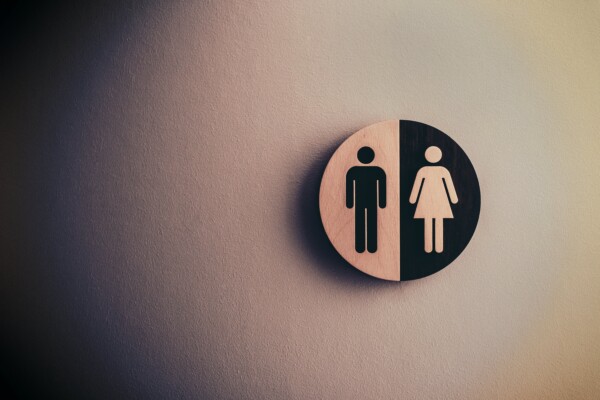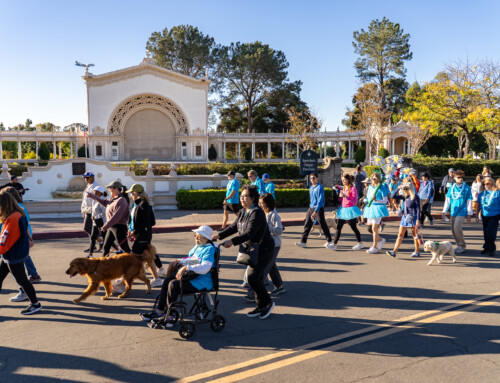
Incontinence is when a person cannot control their bladder and/or bowels. Signs of this problem are leaking urine, problems emptying the bladder, soiled underwear and bed sheets, and the inability to recognize or control the urge to go. Let the doctor know if any of these issues occur, as they may be able to treat the cause of the problem.
Treatable Causes of Incontinence
Incontinence can be caused by various factors that can be addressed and treated. These include certain medical concerns, such as urinary tract infections, an enlarged prostate gland, dehydration, or untreated diabetes, as well as habits like drinking too much caffeine or taking too many water pills. Some medications can also make it hard to hold urine.
Common Questions from the Doctor
When talking to the person’s doctor, be prepared to answer questions such as:
- What medicines is the person taking?
- Does the person leak urine when they laugh, cough, or lift something?
- Does the person urinate often?
- Can the person get to the bathroom in time?
- Is the person urinating in places other than the bathroom?
- Is the person soiling their clothes or bed sheets each night?
- Do these problems happen every day or once in a while?
Ways to Help the Person with Incontinence
- Remind the person to go to the bathroom every two to three hours. Do not wait for them to ask to go or to go on their own.
- Show the person the way to the bathroom or walk them there.
- Watch for signs that the person may have to go to the bathroom, such as restlessness or pulling at clothes. Respond quickly.
- Make sure that the person wears loose, comfortable clothing that is easy to remove.
- Limit fluids after 6 pm if problems happen at night. Do not give the person fluids with caffeine, such as coffee or tea.
- Give the person fresh fruit before bedtime instead of fluids if they are thirsty.
- Post a large sign on the bathroom door reading “Toilet” or “Bathroom” to help the person find their way.
- Use a stable toilet seat that is at a good height. Raised toilet seats can be purchased from medical supply stores. Using a colorful toilet seat may help the person identify the toilet.
Remember That Accidents Happen
Be understanding when bathroom accidents occur. Stay calm and reassure the person if they are upset. Incontinence supplies, such as adult disposable briefs or underwear, bed protectors, and waterproof mattress covers, may be helpful. These items can be found at drugstores and medical supply stores. A drainable pouch may be useful for someone who cannot control their bowel movements. Talk to a nurse about this and other options. Some people find it helpful to keep a record of how much food and fluid the person with dementia takes in and how often they go to the bathroom. This information can be used to make a schedule for going to the bathroom.
For more information on similar topics, call us at 858.492.4400 to speak directly to one of our Clinical Care Coaches (Spanish speakers available). Additionally, view our free services like support groups, education classes, social activities, & more.
RECOMMENDED: 6 Medical Conditions That May Cause Memory Loss





